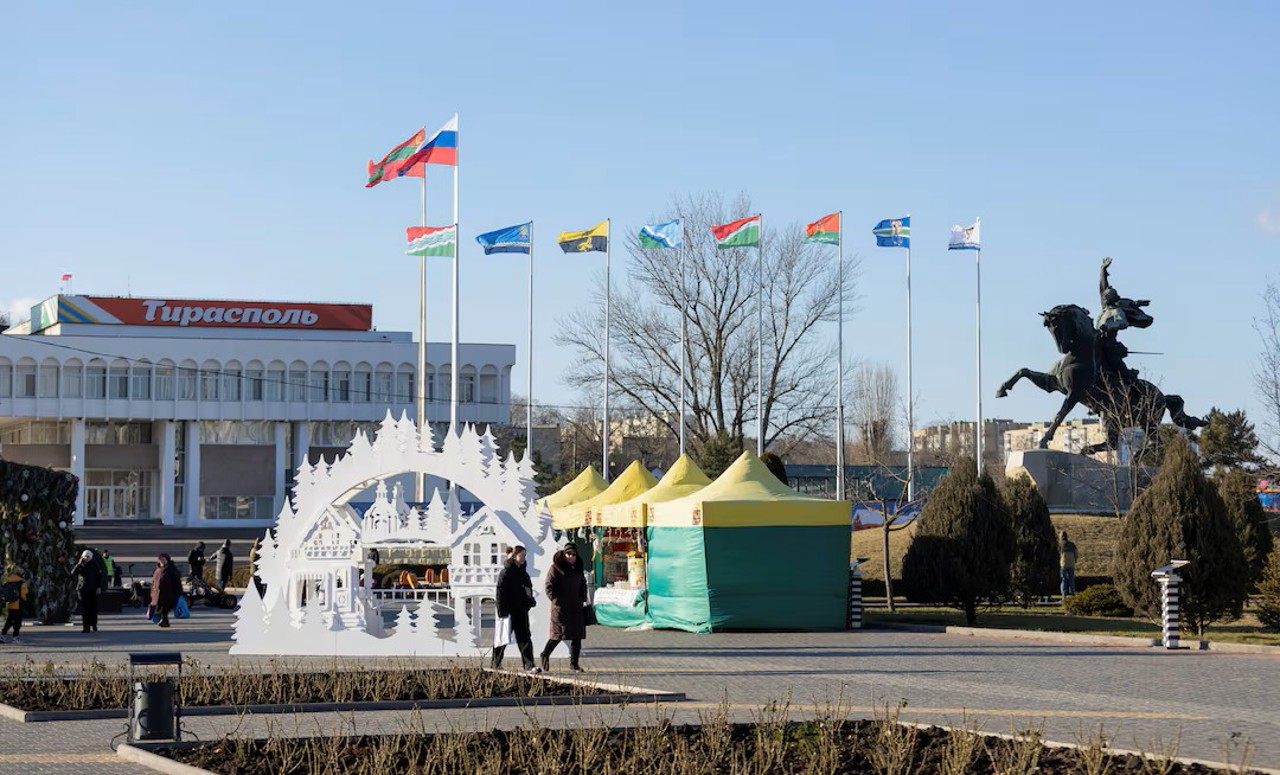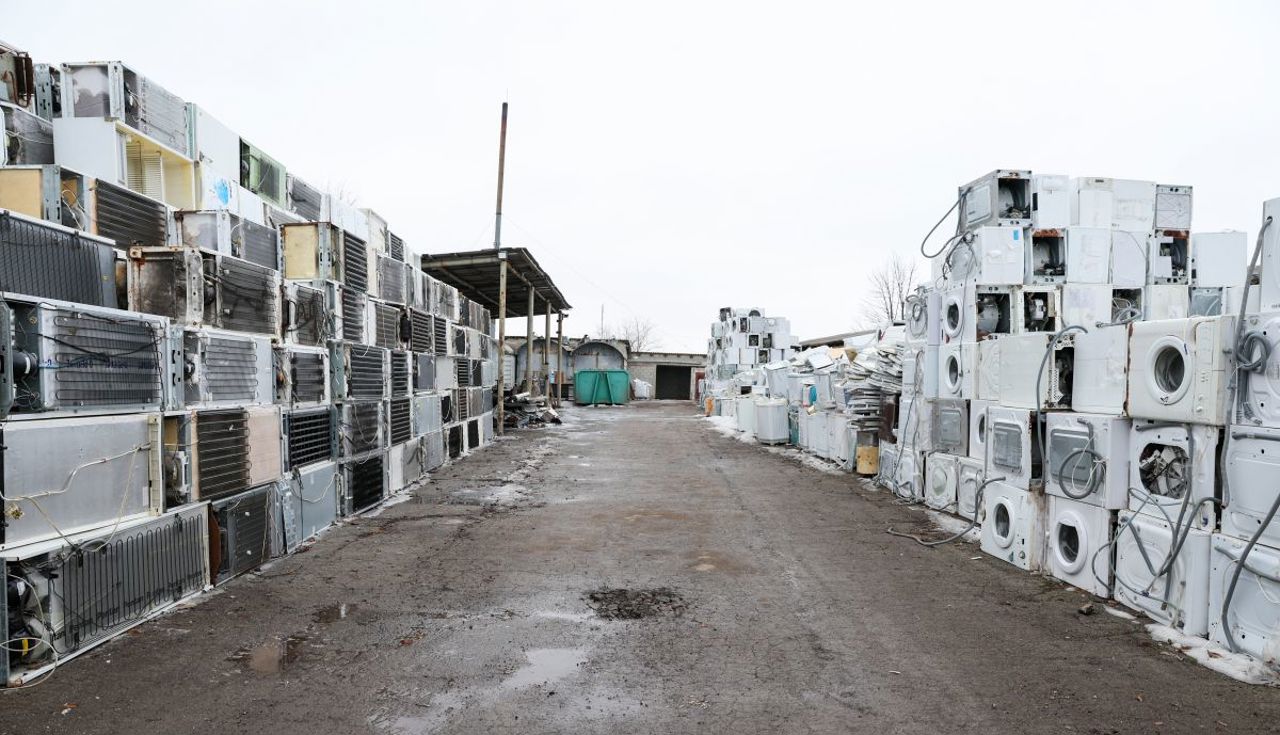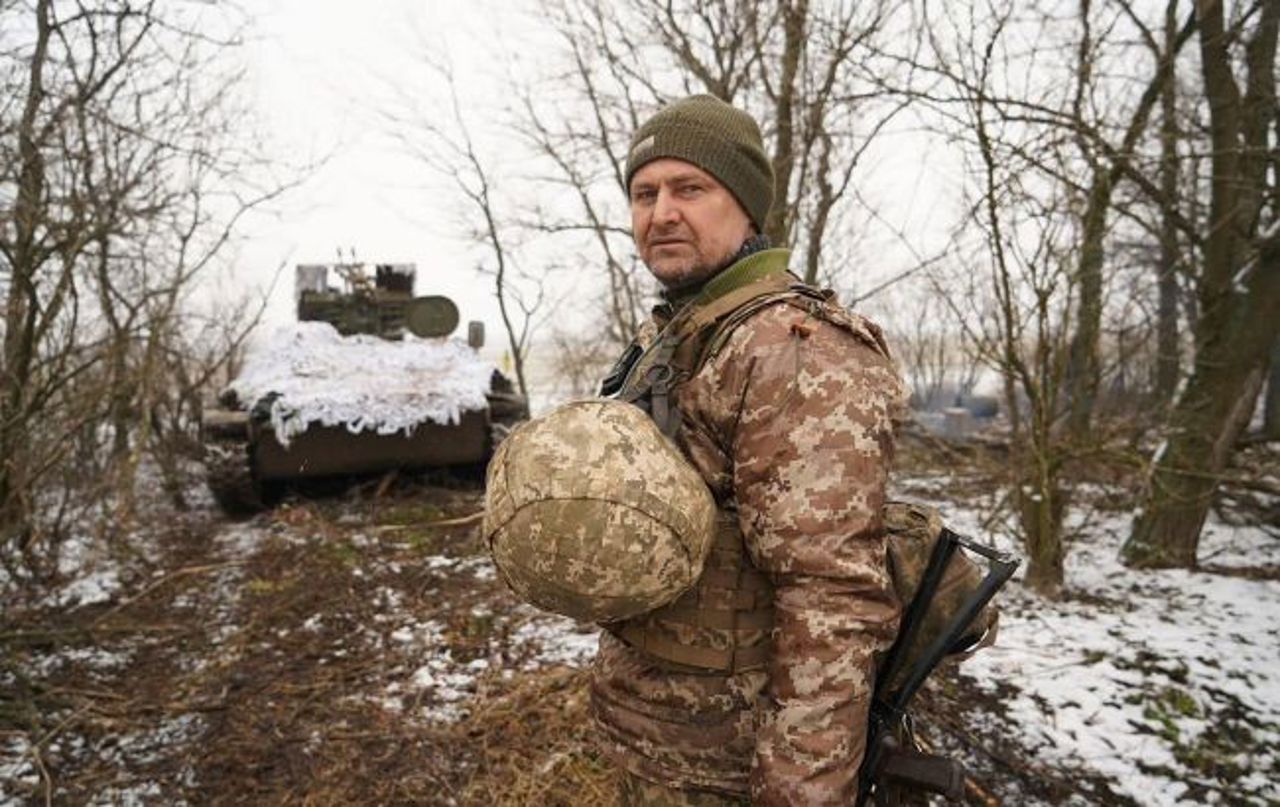ENERGY CRISIS // Chisinau maintains stability in the face of external pressure, while Tiraspol awaits gas deliveries, experts
The artificial crisis on the left bank of the Nistru is part of a broader strategy by the Russian Federation to destabilize the Republic of Moldova, ahead of this year’s parliamentary elections. Despite these challenges, experts say that the constitutional authorities in Chisinau continue to respect their contractual obligations towards the Russian concern and maintain stability in the region, while Tiraspol would wait for Russian gas deliveries to be resumed.

By keeping this pipeline open to the Transnistrian region, the authorities in Chisinau are only respecting their side of the contract, which Gazprom is violating by not respecting the conditions accepted at the time of signing, said expert Mihai Isac. He emphasized that “Chisinau is not at war with its own citizens on the left bank. It is worrying the pressure tools in that region, such as the situation of schools with Romanian language. It is clear that this crisis is artificial” the expert told Moldova 1 TV.
The policy adopted by Chisinau is a correct one, said the former Deputy Prime Minister for Reintegration, Vladislav Kulminski in the show “Zi de zi” program on Radio Moldova, “From my point of view, this policy is a correct one because it continues the previous policy of preserving peace and stability in the Republic of Moldova. The government has done everything possible to avoid escalations and to maintain stability. It is very important to understand that a humanitarian crisis on the left bank would inevitably affect the right bank.”
Referring to gas supplies, Kulminski noted that, “most likely,” Tiraspol is waiting for the resumption of gas supplies. “But these will not be enough to produce electricity for the right bank. The government proposed a gradual transition, so that the residents of the left bank would be helped to switch to full payments for electricity and gas, this will not happen immediately because it is clear that it is impossible to somehow pay very little and therefore switch to full payment, and it seems to me that this was the right solution”.
Experts also draw attention to the political implications of the crisis, namely to the fact that the current situation in the region could be used to get political capital. “I think that someone from the opposition will probably try to capitalize, to gain politically from this, to present himself as a savior of the Republic of Moldova. We will see who this person will be, but otherwise, it seems to me that peace and stability will still be preserved”, suggested Kulminski.
The former deputy prime minister also stated that the Russian Federation is trying to change the European course of the Republic of Moldova, keeping the country in a “gray zone” by changing the Government.
The energy crisis in the Republic of Moldova has severely affected the localities in the Transnistrian region and the Security Zone, leaving residents and public institutions without electricity, heat and natural gas. The most vulnerable localities, such as Varnița and Copanca, are connected to the infrastructure controlled by Tiraspol and have no direct connections to the networks on the right bank of the Nistru. Public institutions, including schools and hospitals, are facing major difficulties in ensuring heating, and residents now depend on the supply of firewood, pellets and emergency generators.
"Gazprom" has suspended the delivery of natural gas to "Moldovagaz" starting January 1, 2025. In connection with a potential humanitarian crisis in the Transnistrian region, due to the Russian Federation's failure to comply with the contract for natural gas supplies to consumers on the left bank of the Nistru, the Republic of Moldova has been in a state of emergency since December 16, 2024.





